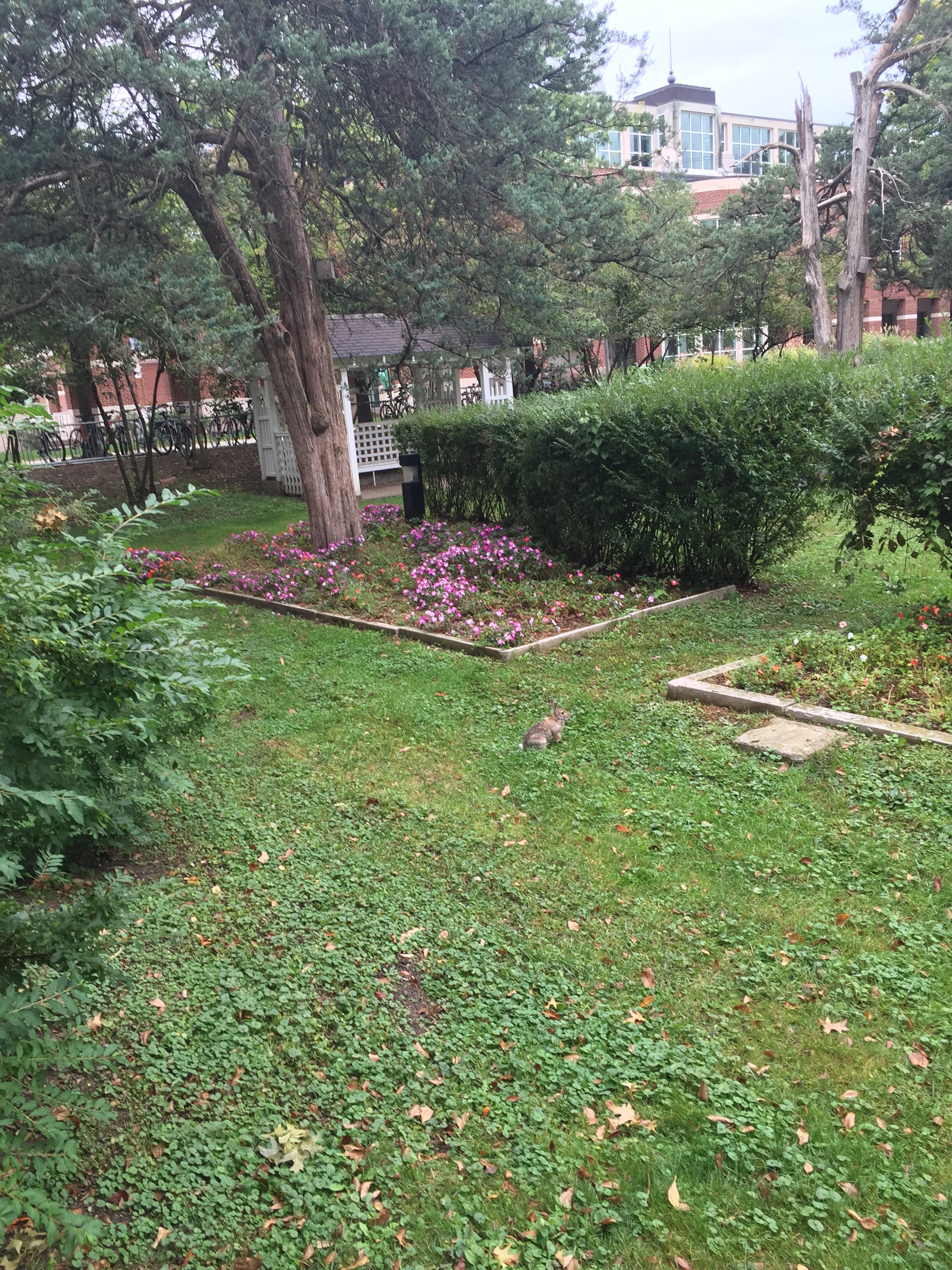
After signing the American Campuses Act on Climate Pledge, Truman State continues to work towards reducing energy usage for a more efficient campus and a lower carbon footprint.
The American Campuses Act on Climate Pledge says that schools that sign “recognize the urgent need to act now to avoid irreversible costs to our global community’s economic prosperity and public health and are optimistic that world leaders will reach an agreement to secure a transition to a low carbon future.”
“More than 100 of the schools that signed the pledge have also set goals to become carbon neutral within the next few decades,” according to the fact sheet released by the White House on November 19, 2015.
Donna Liss, the Chair of the President’s Sustainability Action Committee, says that when working with sustainability, they look at it from a global perspective.
“It’s the triple-bottom line… it’s looking at sustainability not only from sort of the traditional ecology side, but also there’s the people side and the resources side… people are so used to looking at it from a green perspective,” Liss says.
Alicia Wodika, who serves on the President’s Sustainability Action Committee and as a faculty representative on the Student Sustainability Fee, says there are several ideas being discussed for sustainability and feasibility purposes.
Liss says one of the current projects going on currently is the Energy Savings Project, which works towards making the entire campus more energy efficient; looking at utilities such as lights, water usage, and electrical systems.
“That’s about a 10 and a half million dollar project but it will save… about a million dollars a year, and so what you look at is the payback on that, so you have to look long-term,” says Liss.
“It’s immediate… some of the changes that we’ve made are very, very, short payback time, some as little as two years… Everything after that then is just profit,” says Liss.
Liss brought up the solar project done on campus, which added solar panels to some campus buildings. The solar panels installed on campus reduced 113.5 tons of carbon emission during the 2014-2015 academic year, according to the Truman Sustainability website.
Adrian Wheeler, who is chairman of the Environmental Sustainability Fee Accountability Committee, says that one of the big ideas from last year was the addition to solar panel benches on campus, which have outlets for charging electrical appliances such as cell phones or laptops.
“My mom has always been an environmentalist, she always recycled, she always reused things… it’s our moral responsibility as humans to continue to treat the Earth the way it needs to be,” says Wheeler.
Wheeler also says more solar panels on other campus facilities is a possibility, as well as replacing paper towel dispensers in public campus bathrooms with energy efficient hand dryers.
Liss says that one of the issues addressed in the past was measuring Truman State’s energy use.
“In at least in all the residence halls and the sub and the rec center and in the library, we actually have electrical meters in all of those buildings,” says Liss.
Liss says that the electrical meters give updates every 15 minutes on power usage.
“If something spikes, it’s kind of an indicator that either somebody was really using something quite heavily, or you could have a problem,” says Liss.
Liss is also the Chief Information Officer for Information Technology Services on campus, so she says how IT is working on reducing it’s carbon footprint.
“We actually use a huge amount of power in IT, and so that’s an issue for us… We’ve actually made some huge strides.” says Liss.
Wodika says sustainability is a very high priority, with goals to “[reduce the use] of resources, elimination of wastes, enhancing stewardship, and acknowledging the interdependence of human and nature.”
Wodika says that the President’s Sustainability Action Committee is “fortunate” for the several student organizations that are taking steps to improve sustainability, groups such as ECO, Compost Project, Green Thumb Project, and the Communiversity Garden, and others.
“I think that Truman does a great job of incorporating multiple levels of feedback from students, staff, faculty, and the administration to keep the conversation going to make a more sustainable Truman,” says Wodika.
